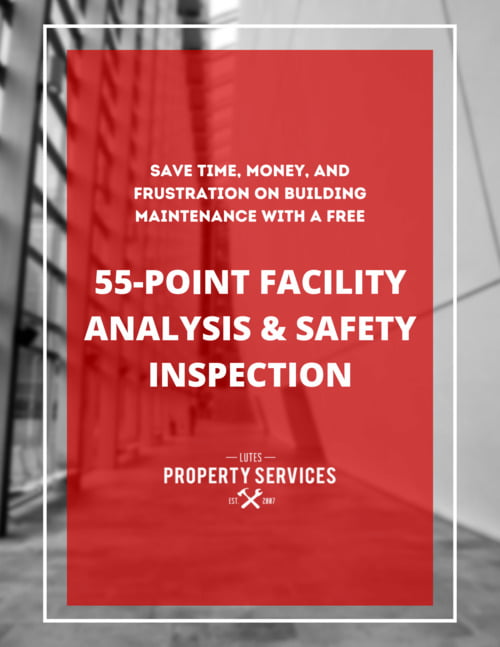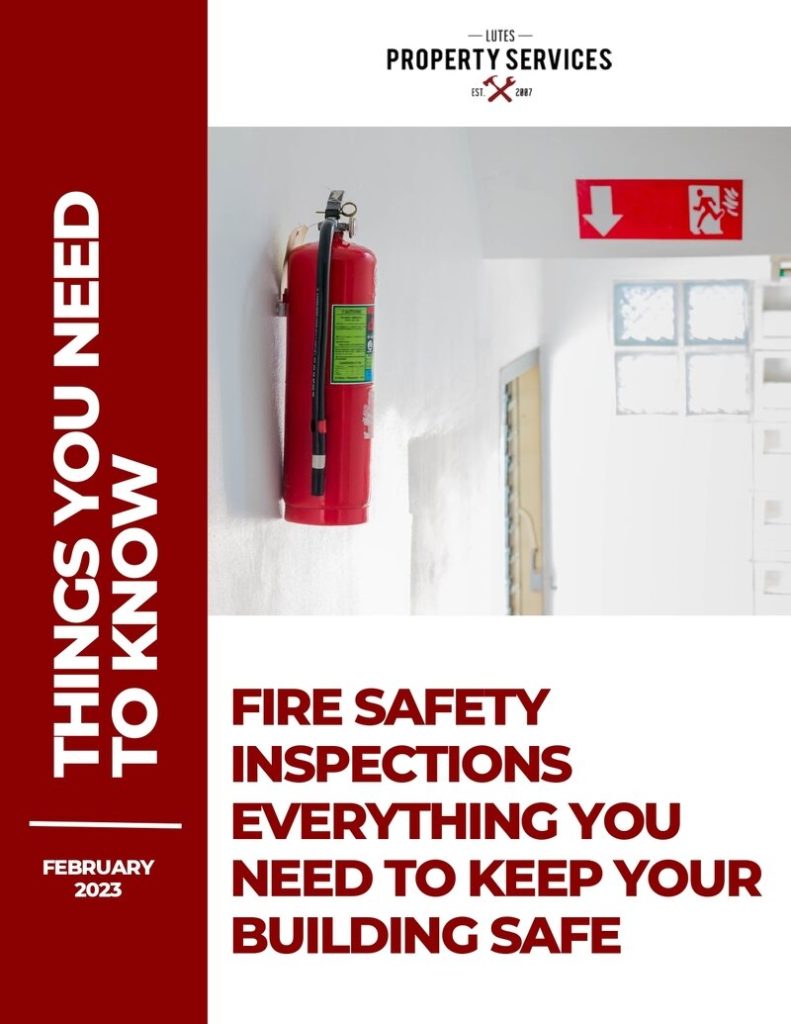Air conditioners are a vital part of any home or commercial business, providing necessary cooling during hot summer months and warmth during cold winter days. The key to keeping an air conditioner running efficiently is regular maintenance and repairs when needed. This article will provide an overview of common air conditioning repairs, including improperly cooled or warmed rooms, clogged drain lines, and compressor problems.
Definition of AC Repair
AC repair is the process of diagnosing and fixing problems with an air conditioning unit. Problems can range from minor issues like dirty filters to major malfunctions such as a broken compressor. Regular maintenance can help prevent many common issues, but even with proper care, certain parts may still need to be replaced over time due to wear and tear.
Benefits of Regular Maintenance
Regular maintenance helps ensure that an air conditioner runs as efficiently as possible. It also helps reduce energy costs by preventing unnecessary wear and tear on the system’s components, which can lead to costly repairs down the road. Additionally, regular maintenance can help extend the life of the system by catching small problems before they become bigger ones.
Regular maintenance helps keep air conditioners running efficiently and prevent costly repairs. Interesting Key finding: Dirty filters and broken compressors are common ac repair issues .
Improperly Cooled and/or Warmed Rooms
The temperature of a room is one of the most important factors that affect comfort. If the air conditioning system is not providing enough cooling or heating, it can be an unpleasant experience for the occupants. There are several possible causes of improper cooling or warming in a room, and understanding them can help you determine the best solution.
Causes of Poor Performance
One of the most common causes of poor performance in an air conditioner is insufficient insulation. If the walls, windows, and other parts of the home are not adequately insulated, then heat will enter from outside more quickly than it can be removed by the air conditioner. This can cause rooms to become too warm during summer months and too cold during winter months. Another potential cause is incorrect sizing – if an air conditioner is too small for the area it is intended to cool, it won’t be able to provide adequate cooling. Finally, dirty filters or blocked vents can also reduce airflow and prevent proper cooling or heating.

DIY Maintenance
If you suspect that your air conditioner isn’t performing as well as it should, there are some simple maintenance tasks you can perform yourself to try and improve its performance. First, check to make sure that all vents are clear and free from obstructions such as furniture, curtains, etc., which could block airflow. Next, check the filters and replace them if they appear dirty or clogged with dust or debris. Finally, inspect any insulation around windows and doors for signs of wear or damage which may need to be repaired or replaced.
Professional Assistance
If these DIY measures don’t seem to be helping improve your air conditioner’s performance, you may need professional assistance from an HVAC technician. They will be able to diagnose any underlying issues with your system and recommend appropriate repairs or replacements as needed. This could include replacing worn-out parts such as compressor motors, condenser coils, thermostats, etc., cleaning dirty ducts or vents, adding additional insulation around windows and doors, or even replacing the entire unit if necessary.
| Cause of Poor Performance | DIY Maintenance | Professional Assistance |
| Insufficient insulation | Check vents | Diagnose underlying issues |
| Incorrect sizing | Replace filters | Replace worn-out parts |
| Dirty filters/blocked vents | Inspect insulation for wear/damage | Clean dirty ducts/vents |
Clogged Drain Line
A clogged drain line is one of the most common issues with air conditioning (AC) systems. It can cause a variety of problems such as reduced cooling efficiency, water damage, and mold growth. To prevent these issues, it is important to understand the signs of a clogged drain line and how to repair it.
Overview of the Drain Line System
The AC system’s drain line is responsible for carrying away condensation from the evaporator coil. This condensation is created when hot air passes over the cold evaporator coil during the cooling process. Without a properly functioning drain line, this condensation will accumulate in the AC unit or drip onto your floor.
Signs of a Clogged Drain Line
One of the most common signs of a clogged drain line is water leaking from or near your AC unit. Other signs include an increase in humidity levels in your home, strange odors coming from your AC unit, or an increase in energy bills due to inefficient cooling performance.
Prevention and Repair Options
The best way to prevent a clogged drain line is to ensure that your AC system is regularly maintained by a professional technician. During maintenance visits, technicians will check for any signs of blockage and clean out any debris that may be present. If you are experiencing any of the above-mentioned symptoms, you should contact an HVAC specialist immediately for repair services.
Repair options for a clogged drain line include flushing out the system with pressurized water or using chemical cleaners to dissolve any debris that may be present. Depending on the severity of the issue, technicians may also need to replace sections of pipe or other components in order to restore proper function.
Clogged drain lines can cause a variety of problems and should be regularly maintained to prevent them. Signs of blockage include water leakage, high humidity, odors, and increased energy bills. Repair options include flushing with pressurized water or chemical cleaners.
Compressor Problems
The compressor is a key component of any air conditioning system, as it is responsible for circulating the refrigerant throughout the system. When functioning properly, the compressor will draw in the refrigerant vapor and compress it, creating high pressure and temperature. This vapor then passes through condenser coils where it cools and turns into a liquid. The liquid is sent through an expansion valve to reduce its pressure and temperature before entering the evaporator coil. When this process works correctly, heat from inside the home is removed and expelled outside.
Role of the Compressor
The compressor’s role in this process is to provide enough pressure for the refrigerant to move through all components of the AC system. It also helps maintain proper levels of pressure within each component so that no part is overworked or underutilized. If there are any issues with your compressor, it can lead to inefficient cooling or warming of your space and even complete system failure.
Indications of a Malfunctioning Compressor
When a compressor begins to malfunction, you may notice some common signs such as an increase in energy bills due to inefficient performance, strange noises coming from your AC unit, or warm air being released instead of cool air. You may also notice that your AC unit is not running as often as it should be or that it shuts off prematurely without completing its cycle.
Solutions for Compressor Issues
If you suspect that there may be an issue with your compressor, you should contact a professional technician who can diagnose and repair any problems with your AC unit. In some cases, this may simply involve replacing worn parts or cleaning debris from inside the unit. In more serious cases, however, you may need to replace the entire compressor or other components of your ac system.
No matter what type of problem you are facing with your air conditioning system, be sure to contact a qualified technician who can help identify and resolve any issues quickly and effectively so you can get back to enjoying comfortable temperatures in your home or office.
Conclusion
Air conditioning systems are a vital part of any home or commercial Business, and it is important to take the proper steps to maintain them. common ac repairs include improperly cooled and/or warmed rooms, clogged drain lines, and compressor problems. To ensure that these issues are addressed in a timely manner, regular maintenance should be performed on the system.
When dealing with improperly cooled and/or warmed rooms, there are several causes of poor performance. Some of these can be easily addressed through DIY maintenance; however, if the issue persists, professional assistance should be sought out. Clogged drain lines can be identified by an excess of condensation buildup or water pooling near the unit. Prevention of this issue can be achieved through regularly cleaning the line, and repair options include using a wet vacuum or a snake tool to clear out debris. Compressor problems can also cause major issues with air conditioning systems. The compressor is responsible for circulating refrigerant throughout the system, so it is essential to identify any signs of malfunctioning and address them as soon as possible. Solutions for compressor issues range from replacing parts to completely replacing the entire unit.
Overall, proper maintenance is key when it comes to keeping air conditioning systems running smoothly and efficiently. Regularly checking for common AC repairs can help prevent major issues from occurring in the future.


